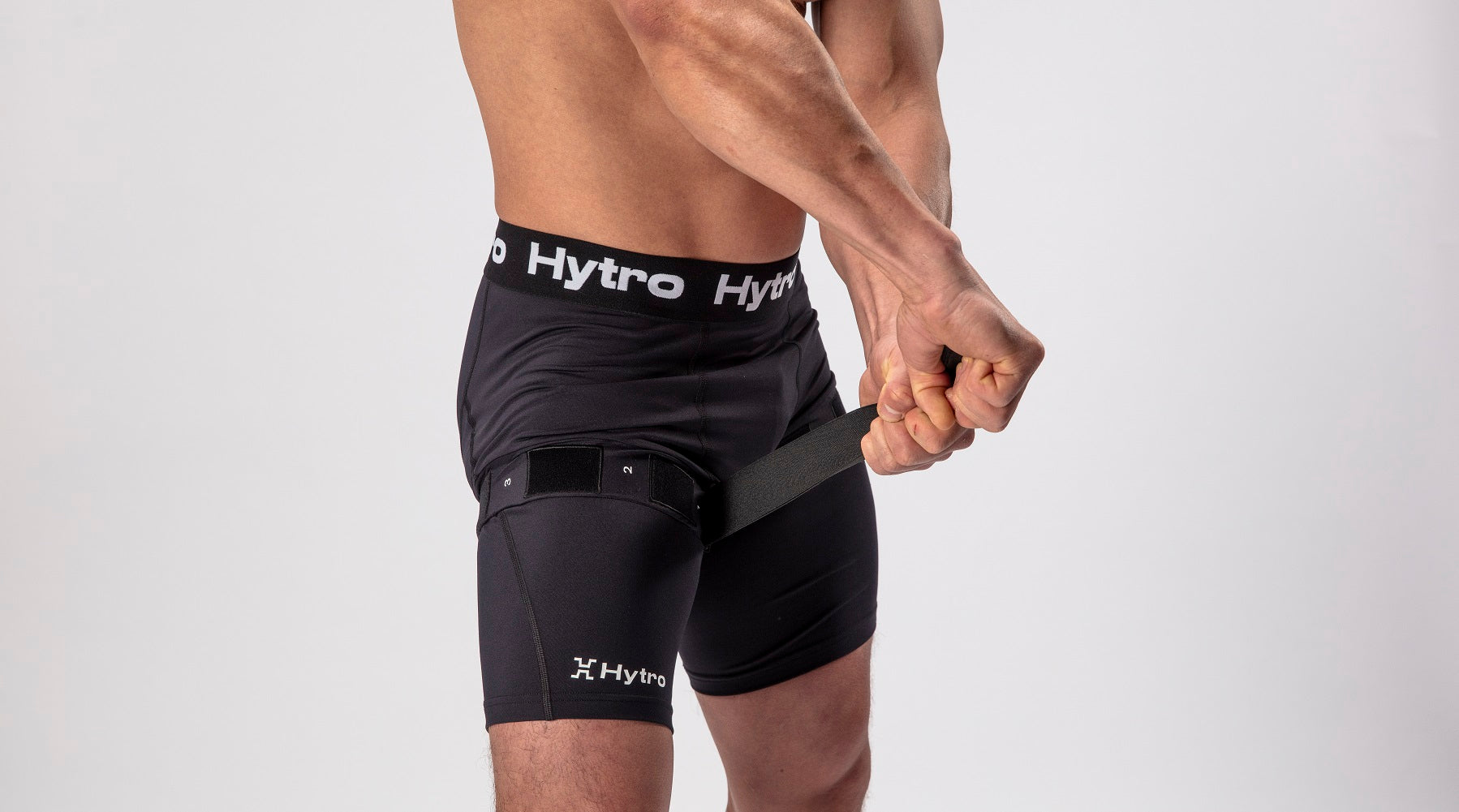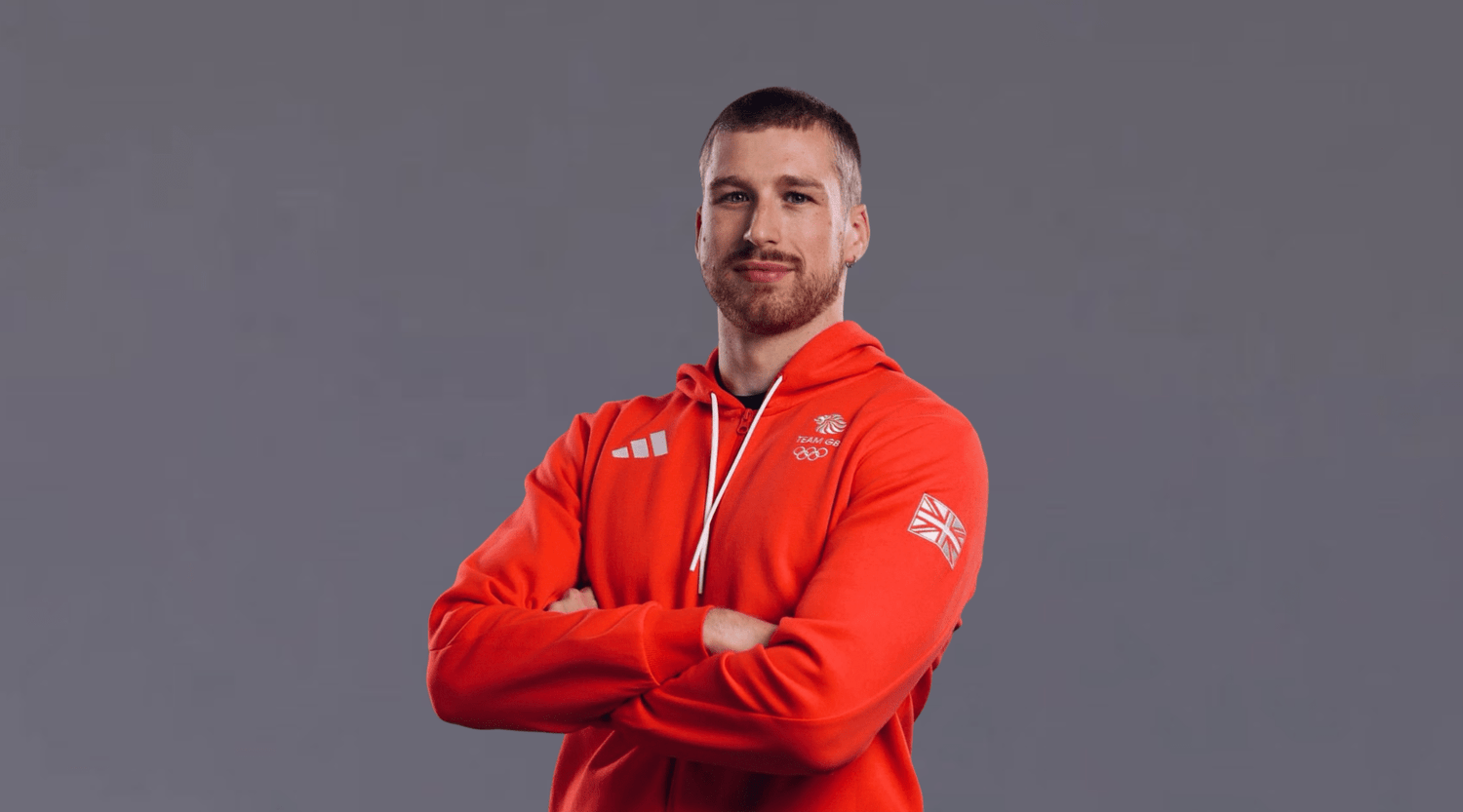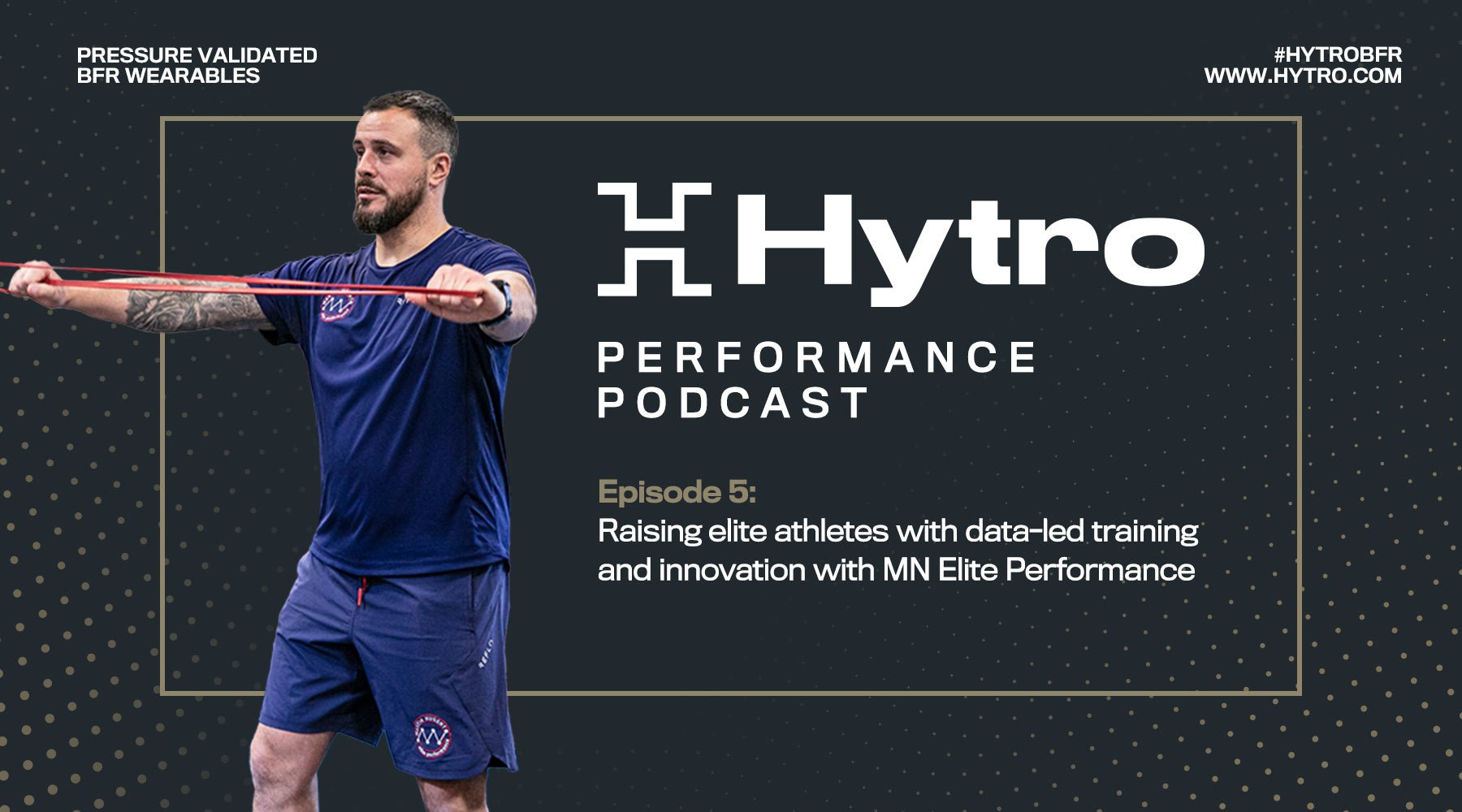A ‘product of British Cycling’ is how Joe introduces himself, but cycling wasn’t his first passion, that was football. "My entry into cycling was quite serendipitous," Joe goes on to explain, "I played football until I was around 14. During the summer, I started cycling for fitness. It was quite lucky; I had a local track, and outdoor velodrome, which was unusual at the time because there weren't many velodromes around."
This local track was the Mountbatten Centre in Portsmouth, where Joe found a new passion, he shared: "We had a local coach who hired out track bikes. It was niche, finding a bike with no brakes and no freewheel, but it opened a new world for me."
As football fell away, cycling took centre stage. "I left the football academies around 14 and found I was getting better at cycling quickly. I got hooked." The transition wasn't without its challenges, Joe explained: "I started with road cycling and entered two national championships, coming dead last in both. But I noticed I did well in sprint finishes, so realised I had a natural ability for sprinting."
By 16, Joe applied to British Cycling and got in, he described the journey to a pro athlete: "I moved through the system, from under 16 to under 18, then to the under 23 squad. I moved to Manchester full-time, and after a year, I joined the elite squad training for Tokyo. It was just before Rio, but that was too early for me."

Credit: GB Cycling
Since 2016, Joe has been a full-time athlete with British Cycling, a journey filled with growth and learning. Those foundations in football have supported his developments according to Joe: "Playing various sports increases your toolkit. Elements from different sports apply universally. For example, ladder agility work in football is like cycling's roller routes. It's about speed with low resistance. Each sport contributes something valuable."
Being adaptable as an athlete has certainly been beneficial to Joe, bringing certain aspects of his footballing past to his current sporting endeavours, whilst also developing different capabilities. "Cycling isn't the most technical sport, but you need a massive engine. It's not as skill based as football, but you need a big engine and the ability to expend energy quickly," Joe shared. "A time trial, like the kilo, is just about how much energy you can expend in a short time. Aerodynamics play a part, but it's about expending energy efficiently."
Training and competing at an elite level requires mental fortitude, Joe explains: "The margins in cycling are incredibly fine. Losing by one millimetre can be heart-breaking so it's crucial to stay mentally strong and focused."
In addition to athletic pursuits, Joe has an impressive academic background in sports science. His curiosity about peak performance led to him undertaking a degree following his back surgery in 2021. Joe credits this academic knowledge to be hugely beneficial in his training, explaining: “I have more input in my training and go to sessions with more purpose. Learning about things like aerobic components has broadened my horizons."
This educational background means better quality training, he shared: "Knowing why I'm doing something helps me buy into it more. Before, I would go to sessions to push as hard as I could. Now, I focus on specific goals, like rate of force production in standing starts. It makes a big difference."

Credit: Instagram @joetruman1
The training programming for a sprint cyclist is varied and intense. The early season is about strength building, progressing from hypertrophy to strength, then power and speed on the bike. Peak power is crucial for performance, allowing cyclists to accelerate faster and sustain effort longer. Balancing strength and endurance is always a challenge, Joe added: "For events like the kilo, which is around a minute long, you need both power and endurance. It's about balancing these components without compromising one for the other."
"Peak power is massive," Joe continued. "In simple terms, it's a combination of strength and speed. We spend a lot of time just really getting stronger.” The process of building peak power begins with hypertrophy, this is where Joe utilises Blood Flow Restriction (BFR) Training.
As the season progresses, the focus shifts from strength-building to power work. "We move from strength to power by applying our newfound strength to the pedals. Pushing through the ball of your foot on a pedal isn't a solid push like squatting or leg pressing. It involves your entire body - arms, core, and hips."
The key is to train the body to apply force through the pedals. Joe went on to say: "Once you've got the strength, it's about transferring it to the pedals. Then, it's about applying that strength faster, using over-cadence work and under-geared exercises to force the rate of force development."

BFR has been a game-changer for Joe who first used it after his back surgery when it helped his leg size return more quickly. Joe confirmed: "Since then, BFR has been a staple in my training, especially for quad size and recovery." Recognising the benefits BFR had to offer BFR has now become a staple in his programme as a finisher, and more recently since connecting with Hytro, a recovery tool.
BFR offers several benefits. "It stresses your peripheral muscles while being less taxing on your central nervous system. This helps balance strength gains without compromising track quality. Hytro allows for quicker recovery, making it easier to maintain high-quality training sessions."
As Joe started training day on day off, he recognised the need to put extra emphasis on his recovery so scheduled Hytro into his training plan. “I'm doing so much load on those days on, I try and up my active recovery on the day off. I also started the protocol first thing in the morning doing three sets, then later in the day doing some active Recovery BFR.” Joe credits BFR with enabling him to maximise his training on this day on day off programming: “I felt like I was banging days together good, with day on day off historically you get to Friday, and you are pretty tired, whereas with Hytro I feel pretty good.”
The journey from a football field to the cycling track has been one of passion, dedication, and continuous learning. Joe’s ability to integrate his academic knowledge and training is evidence of his commitment to optimising his performance. Looking forward to the upcoming Olympics, his hard work and mindset will inevitably make for some exhilarating races.
Learn more about Performance BFR or shop the Hytro BFR wearables now.





Leave a comment
This site is protected by hCaptcha and the hCaptcha Privacy Policy and Terms of Service apply.